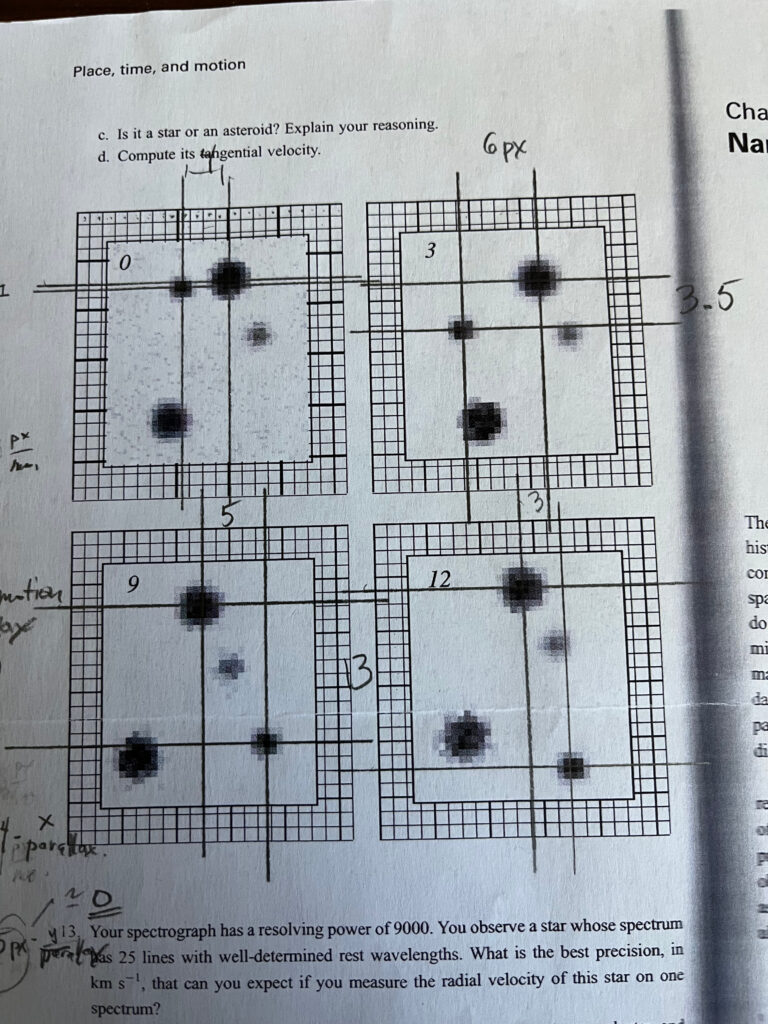Teaching
Visual binaries – https://cosmosatyourdoorstep.com/2018/05/10/visual-binary-stars/
Astrometric binaries – https://www.youtube.com/watch?v=fE_uPcRV5hE
Eclipsing Binary Star Simulator – https://astro.unl.edu/naap/ebs/animations/ebs.html
Redox-driven mineral and organic associations in Jezero Crater, Mars – https://www.nature.com/articles/s41586-025-09413-0
Exoplanet Transits and Occultations – https://arxiv.org/pdf/1001.2010
Dust devils on Earth and Mars – https://agupubs.onlinelibrary.wiley.com/doi/10.1029/2005RG000188
